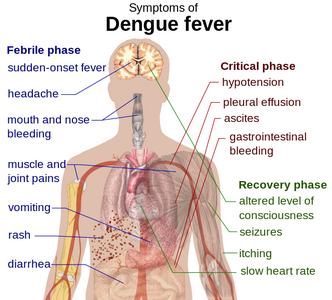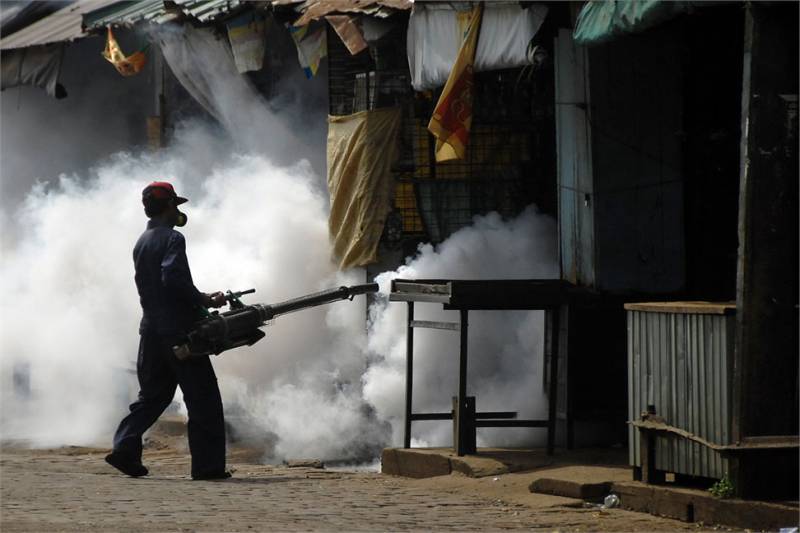It was 2006 when people of Pakistan fell prey to a new disease spreading through mosquitoes. People suffering from this virus complained about intense fever, searing muscle and joint pain. It was dengue which was once rare and considered only a topical disease but now threatening millions of people across the globe. In Pakistan, first dengue case was reported in Karachi and it is said that the virus came in Pakistan through tyres imported from infected countries. Onward, the number of patients kept increasing every year and 2011 became worst when dengue attack was on its peak and the number of cases reported was highest in the world. The severest form of dengue fever inflicted unspeakable miseries and it haunted the mind of everyone. But the good aspect is that Pakistani doctors defeated this disease and reduced the number of patients to almost none. This victory is not attained easily but with laborious efforts of days and nights of doctors with help of the government. This season is considered favourable for growth of dengue virus and a few patients have also been reported in media. Dr. Rashid Iqbal, a member of Dengue Expert Advisory Group (DEAG), the body which gives training to doctors and also provides medical assistance to others, talked about this disease and the efforts which doctors are doing to bring it on zero level. Following are excerpts of the interview:
“Dengue fever has earned many geographical names across the world. It is a disease caused by a family of viruses that are transmitted by mosquitoes. It is an acute illness that usually follows with symptoms such as headache, fever, exhaustion, severe muscle and joint pain, swollen glands and rash. Other signs of dengue fever include bleeding gums, severe pain behind the eyes, and red palms and soles,” Dr. Rashid Iqbal said, who is treating dengue patients for the last many years which has given him exposure to different complexities of this disease.
“The virus of this disease is transmitted by a striped Aedes aegypti mosquito that flourishes during rainy seasons but can breed anywhere in water like in flower pots filled with water or buckets or anything which can hold water. One female mosquito on average lays 100 eggs at one time and at least three times in her life. These eggs can survive years conditionally in favourable environment and hatch as get water,” he briefed about its virus and its growth.
“One mosquito bite can cause the disease and after being bitten it is usually five to eight days when the signs and symptoms of dengue appear in stages and if not treated on time can prove worse. But let me clarify a big misconception that the virus is not contagious and cannot be spread directly from person to person. There must be a person-to-mosquito-to-another-person pathway. It can affect anyone but people with compromised immune systems are easy prey,” he clarified.
“Can we not get rid of this endemic forever,” was my next question. “It is not very easy but can control it with good preventive measures,” was his answer. He also said that he organised different events to spread dengue awareness.
Every acute disease has some vaccine then why there is no vaccine of this virus which is infecting humans from decades. Dr. Rashid replied, “There is no vaccine for dengue fever. However, a vaccine undergoing clinical trials, but it is too early to tell if it will be safe or effective.”
There are lot of people who are living far-off areas of country and do not get medical assistance on time. What such people should do as general treatment, was a must question.
Dr. Rashid advised that there are things that patients or the families can do to help, depending on the severity of the disease. These tips could be fruitful only for milder forms of dengue till the patients did not reach or get some good doctor. The patients should drink maximum clean water, ideally bottled water rather than tap water, because high fever and vomiting can dehydrate the body and they should protect themselves from mosquitoes.
At the end he also lauded the role of the Punjab Government who assisted in every way to treat the patients and launched awareness campaigns to curb this devil’s disease from spreading.
Preventions
Wear long trousers/pants, long sleeved shirts, and socks
Use mosquito repellents lotions or creams
Fumigate your rooms and houses.
The Aedes mosquito prefers to breed in clean, stagnant water. It is important to frequently check and remove stagnant water in your home/premises.
Change the water every other day of flower vases.









